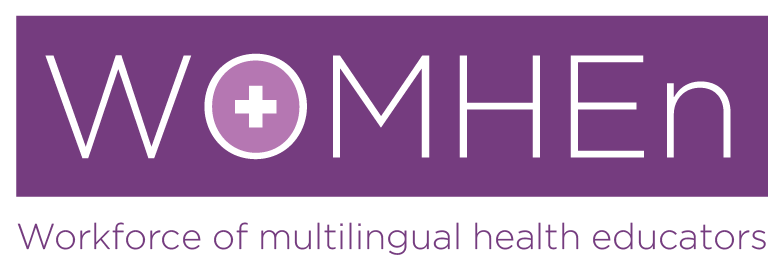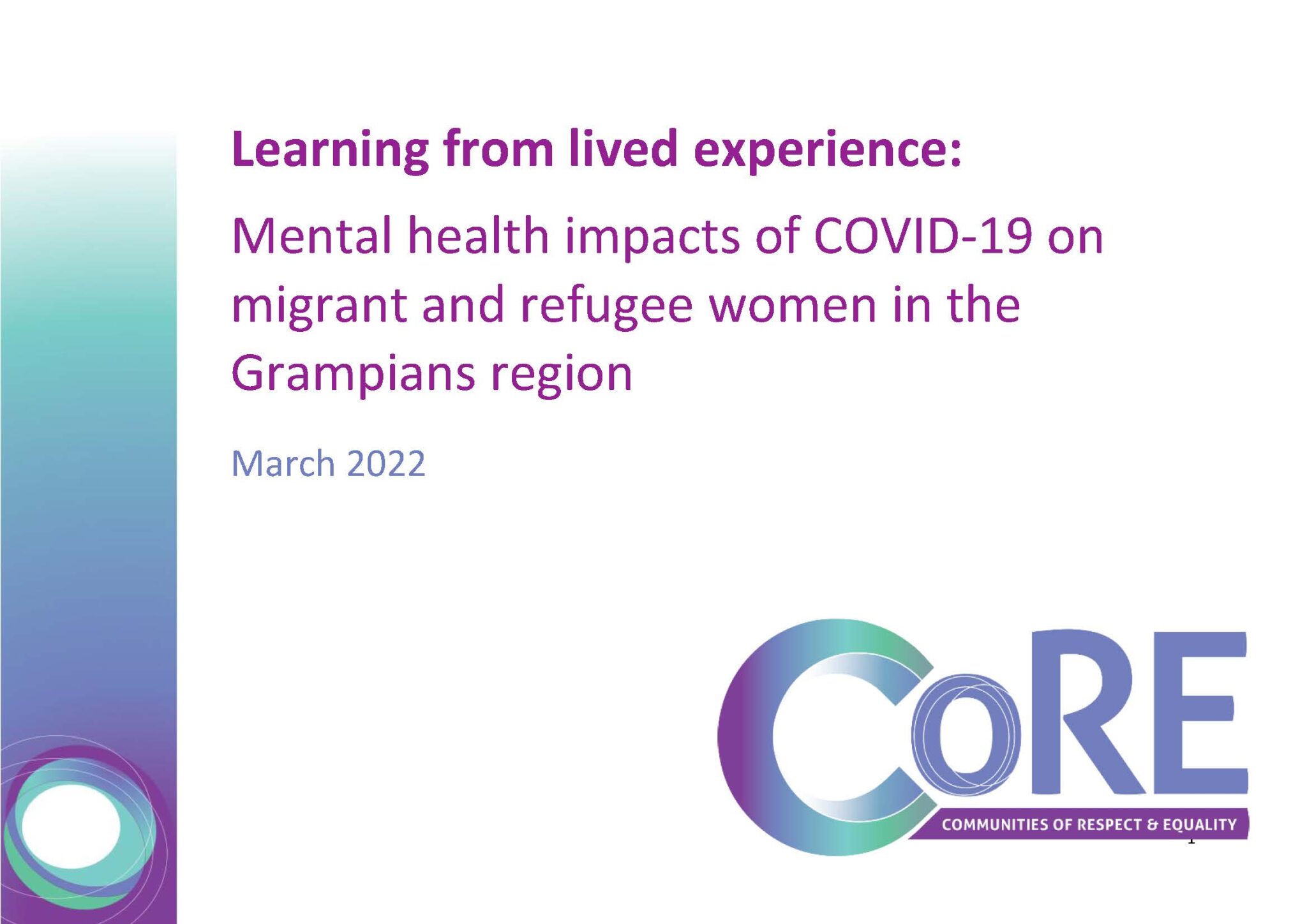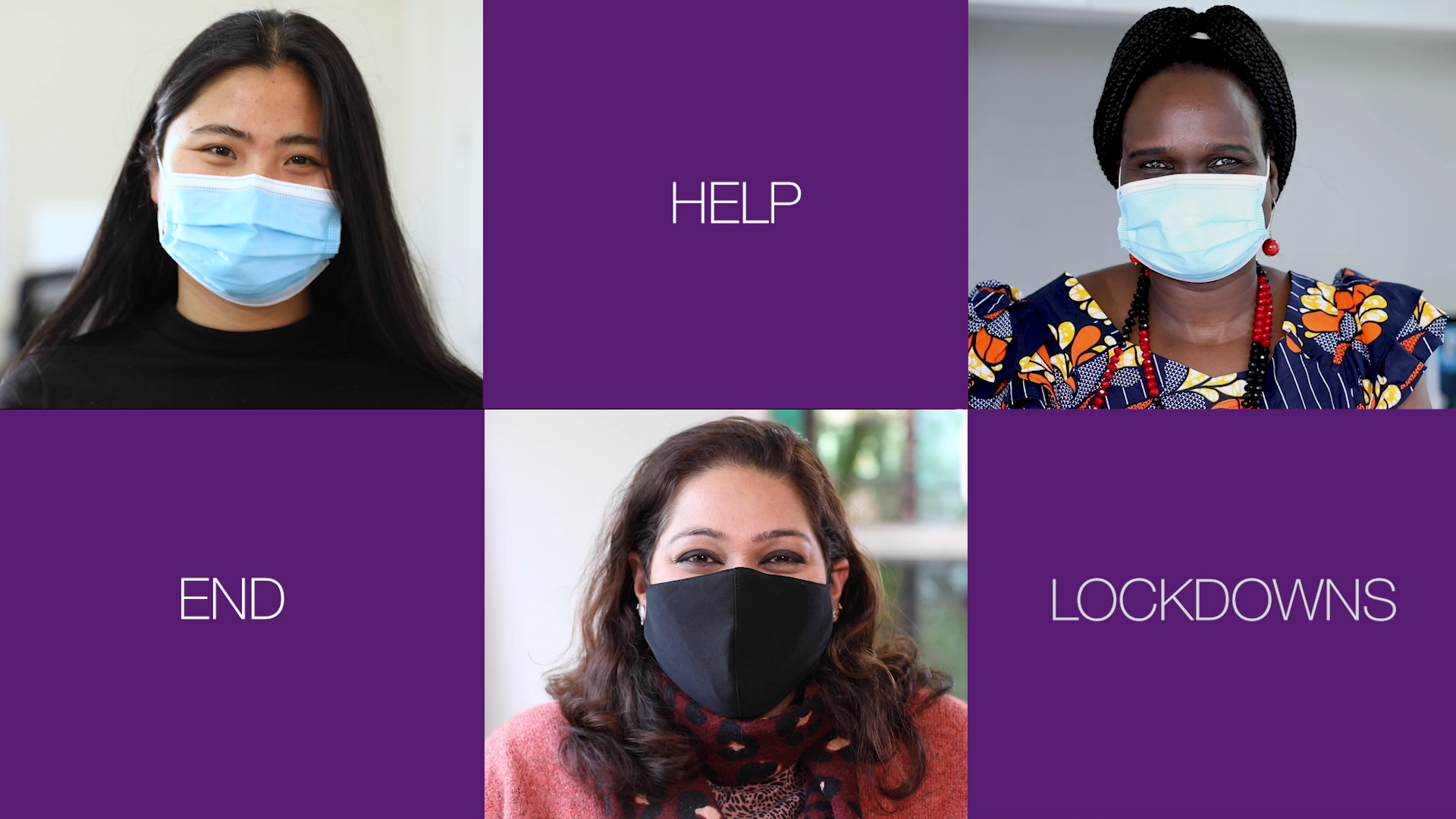By migrant and refugee women, for migrant and refugee women
The Multilingual Health Education project provides health information to migrant and refugee women in their community language or in plain English. Information in provided by our team of Health Educators, who aim to empower migrant and refugee women with knowledge about health and the health system in Australia.
We have a team of 1 Health Outreach Officer and 5 Health Educators, who have been trained to deliver the health sessions to the community. This diverse team is looking forward to working with the Indian community, Vietnamese community, South Sudanese and African community and Karen community.
Topics can include:
- Physical health and wellbeing
- Mental health and wellbeing
- Occupational health and safety
- Women’s reproductive health
- COVID 19
We are looking forward to reaching groups of women from migrant backgrounds. If you are interested in hosting or attending a session, please contact us.
Kate Diamond-Keith| Regional Consultant
Lead – Diversity and Inclusion
T (03) 5322 4100
E kate@whg.org.au





